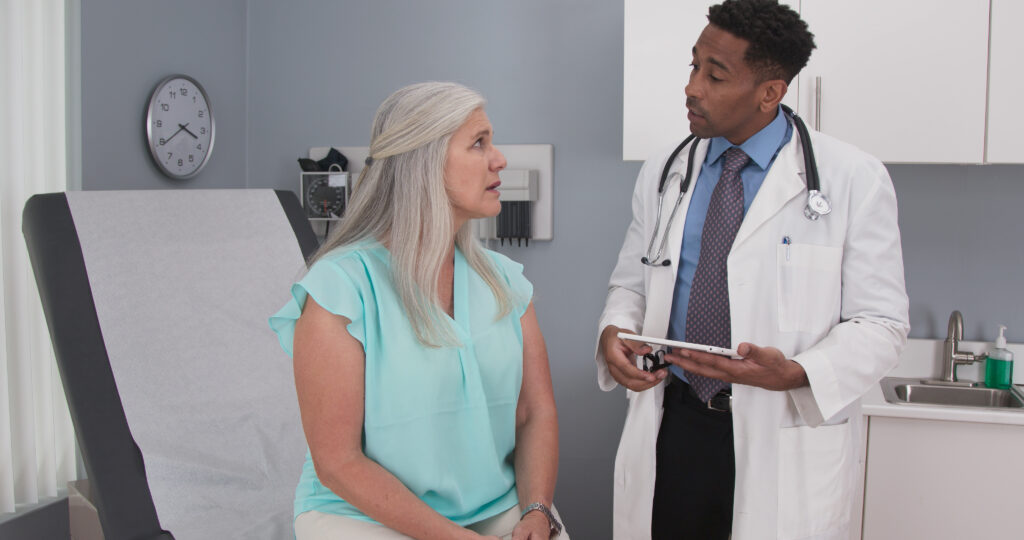
Overview of the PCP’s Role in Collaborative Care (CoCM)
Primary Care Providers are central to CoCM, and successful implementation requires their active participation. Within CoCM, the PCP directs the team based care – overseeing all aspects of the treatment plan, including medication.
The PCP works in close consultation with the patient’s Behavioral Health Care Manager (BHCM). They do not usually work directly with the Psychiatric Consultant. Instead, the Psychiatric Consultant and BHCM meet regularly for a Systematic Caseload Review (SCR) and treatment recommendations from the Psychiatric Consultant are communicated to the PCP via the BHCM or Electronic Health Record.
Components of integrated care undertaken by the care team that may be new to PCPs include:
- Proactive patient engagement
- Frequent measurement of symptoms with evidence-based tools (e.g., PHQ-9, GAD-7)
- Aggressive and proactive change of treatment plan when patients are not improving
- Use of brief, evidence-based practice techniques that work best in a primary care environment
Training
- Applying the Integrated Care Approach: Skills for the PCP – Free, CME-eligible course developed by the AIMS Center and the American Psychiatric Association
Resources
The following resources can help orient PCPs to the Collaborative Care Model (CoCM).
- PCP Role Handout – Detailed overview of the role of a PCP on a CoCM team for use internally throughout CoCM implementation
- Why Practice CoCM – An overview of why the CoCM benefits a PCP, including a visual representation of the model to solidify team structure and flow
- Clinical skills – Training resources unique to PCPs who practice as part of a CoCM team
- Verbal Patient Consent for CoCM – General guidance on introducing CoCM to patients and gathering verbal consent for participation
- Comparing CoCM to Usual Care – Evidence that CoCM increases the effectiveness of depression treatment and lowers total healthcare costs